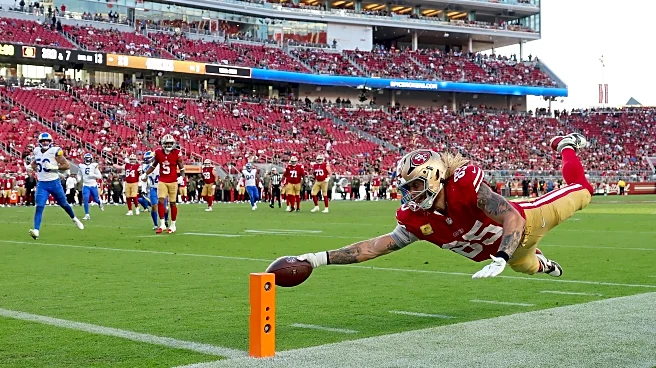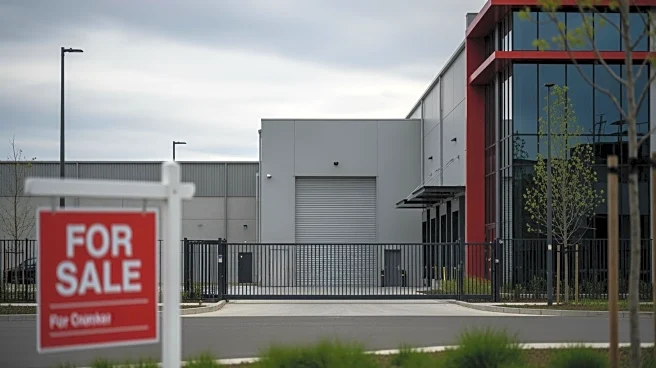Rapid Read • 8 min read
The hotel industry is experiencing significant challenges due to compressed booking windows and a climate of uncertainty. Revenue managers are finding it increasingly difficult to forecast demand despite advancements in technology. Factors such as volatility, late-arriving demand, and distribution algorithms that quickly re-rank hotels are contributing to the complexity. As a result, traditional weekly revenue meetings and static plans are becoming obsolete. Successful hotels are adapting by implementing real-time strategies that involve velocity analytics, anomaly detection, and pre-agreed triggers to adjust pricing and availability dynamically. This approach aims to maintain rate integrity and profitability while monetizing late demand through paid upgrades and additional services.
AD
The current challenges in the hotel industry have broader implications for revenue management and operational strategies. Compressed booking windows force hoteliers to lower rates to secure business, impacting overall revenue growth. The shift towards real-time strategy and dynamic pricing is crucial for maintaining competitiveness and profitability. Hotels that can effectively sense demand fluctuations and respond promptly stand to gain, while those relying on outdated methods may struggle. This situation underscores the need for innovation and adaptability in the hospitality sector, influencing how hotels manage inventory, pricing, and distribution channels.
Hotels are likely to continue refining their real-time strategies to better anticipate demand and optimize revenue. This may involve investing in advanced analytics tools and training staff to respond quickly to market changes. As the industry adapts, there could be increased collaboration between technology providers and hoteliers to develop solutions that address these challenges. Stakeholders, including hotel owners and investors, will be closely monitoring these developments to assess their impact on profitability and long-term growth.
The shift towards real-time strategy in the hotel industry may lead to broader changes in how businesses approach revenue management. This could influence other sectors facing similar challenges with demand forecasting and pricing. Additionally, the emphasis on maintaining rate integrity and avoiding a race to the bottom highlights the importance of strategic pricing in competitive markets. Ethical considerations around pricing transparency and consumer trust may also emerge as hotels navigate these complexities.
AD
More Stories You Might Enjoy











